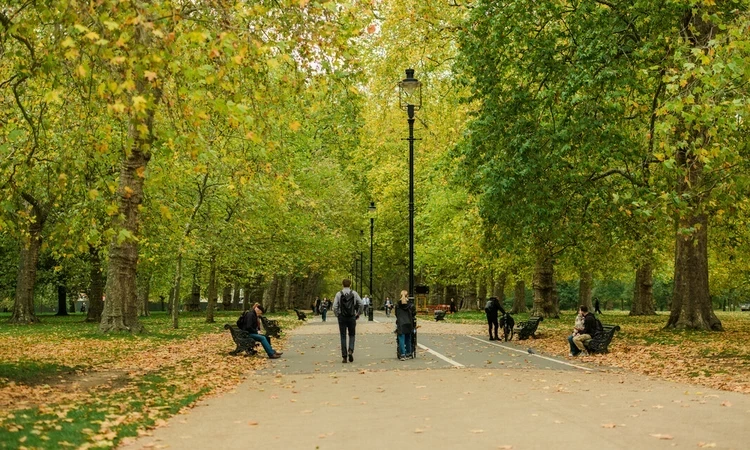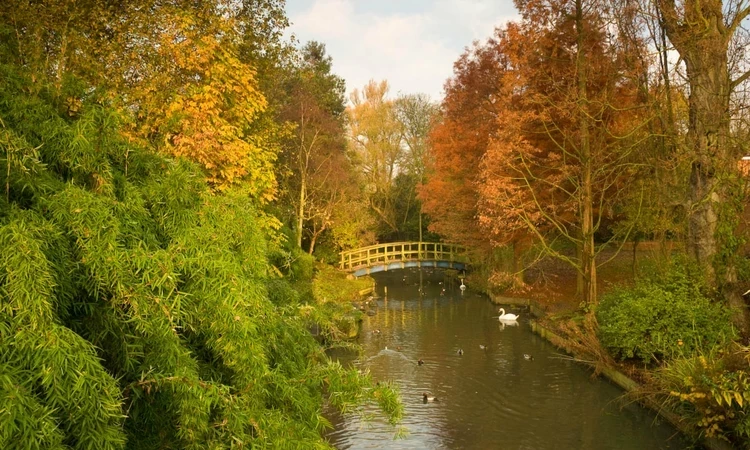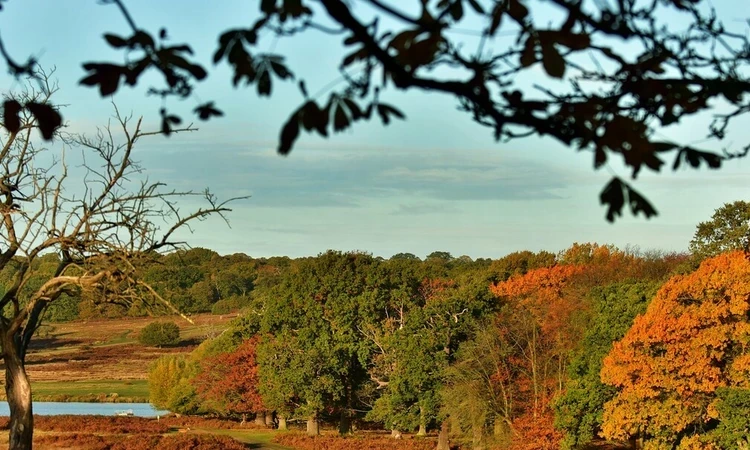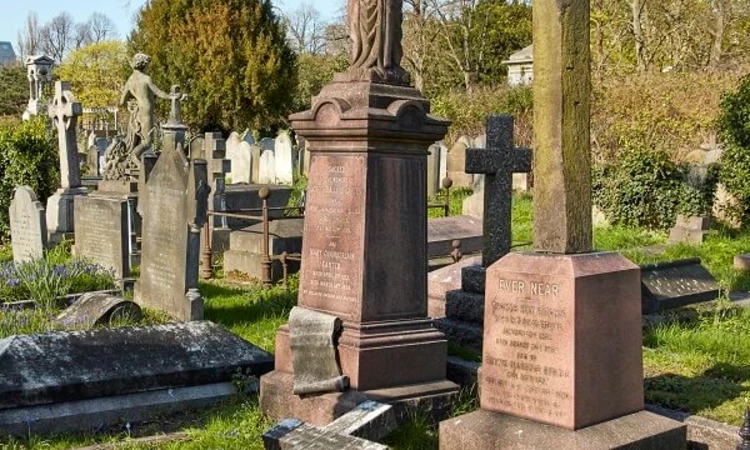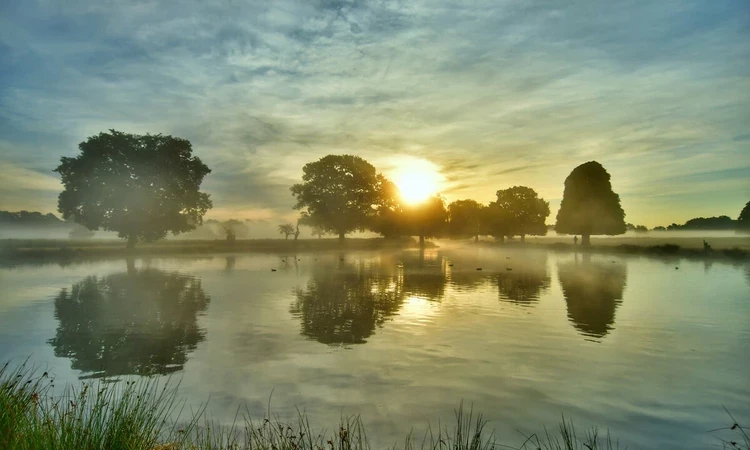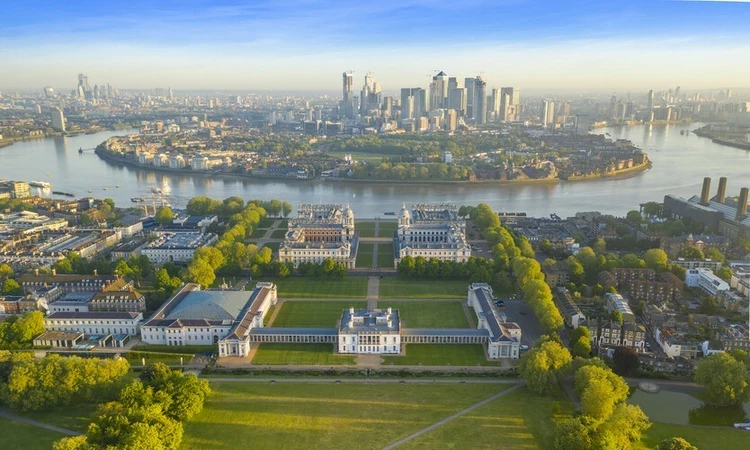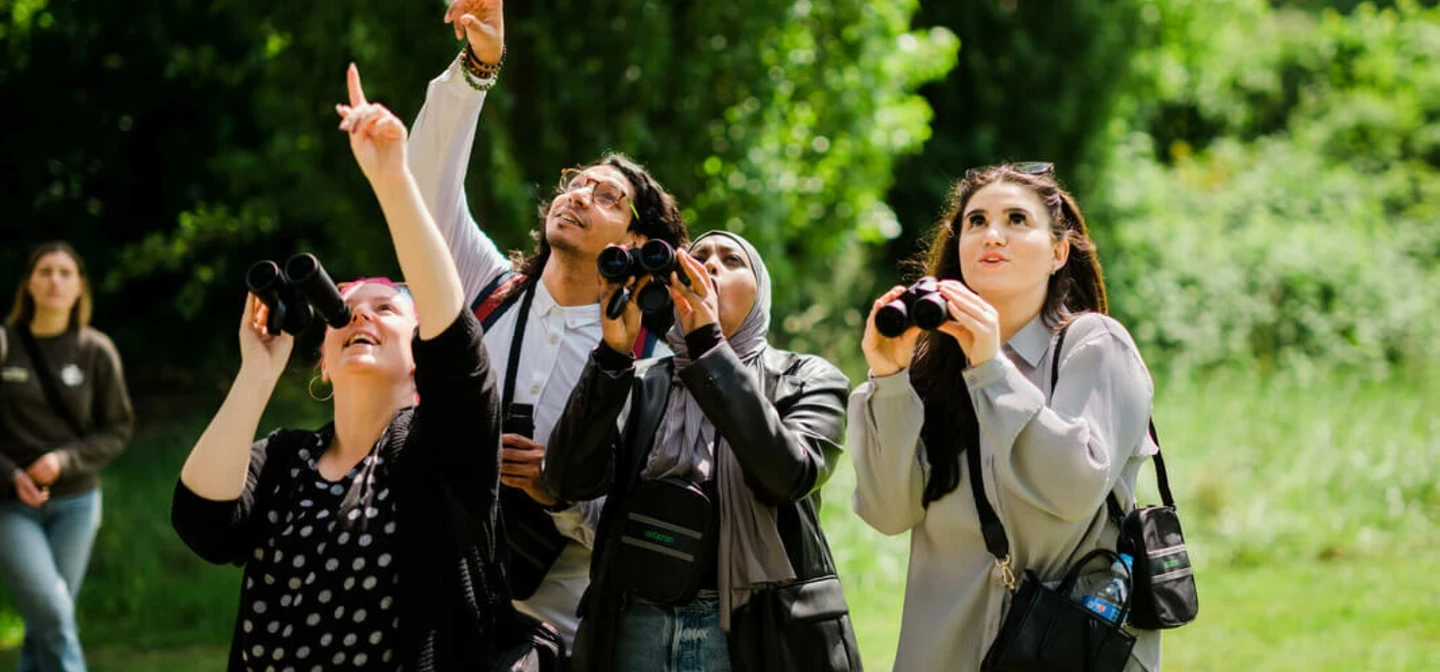
What's on
From major events to our range of walks, music and smaller events for adults and families, across the themes of nature, history and wellbeing. Whatever your interests, there's something for you in the Royal Parks all through the year.
Upcoming events
There's something for everybody at the Royal Parks. Explore our latest events below.
-
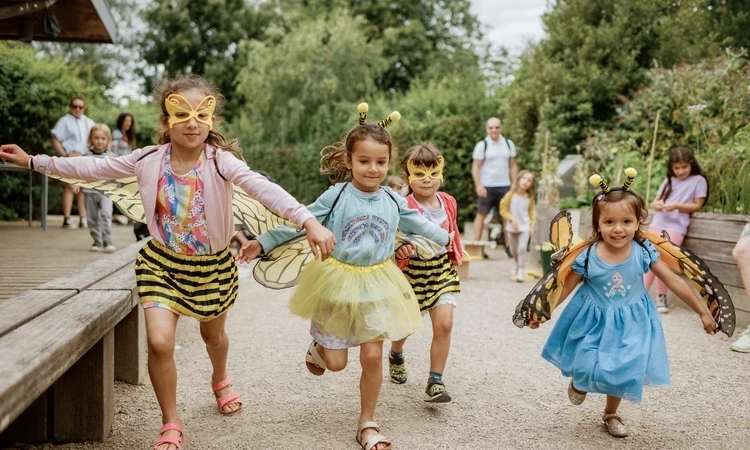 Free
FreePlay in the Park
Join us in Kensington Gardens, Greenwich Park and The Regent’s Park for free fun nature-inspired play!
-
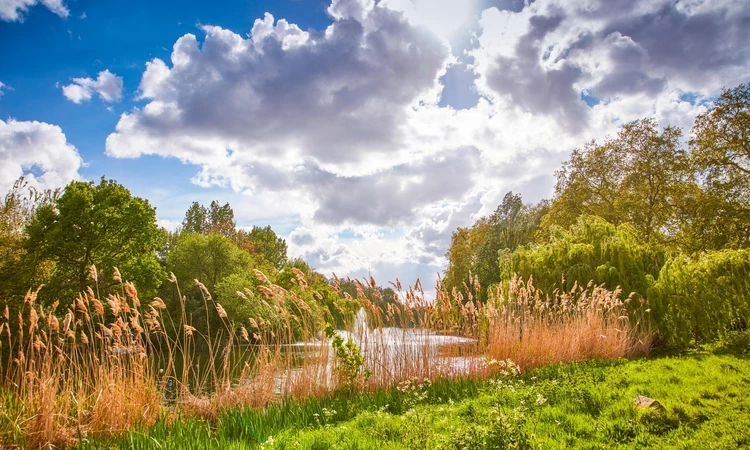 Free
FreeGreen Escapes: An introduction to nature in St James’s Park
Join us for a beginners’ nature walk this spring and summer to discover the plants and wildlife of St James’s Park.
-
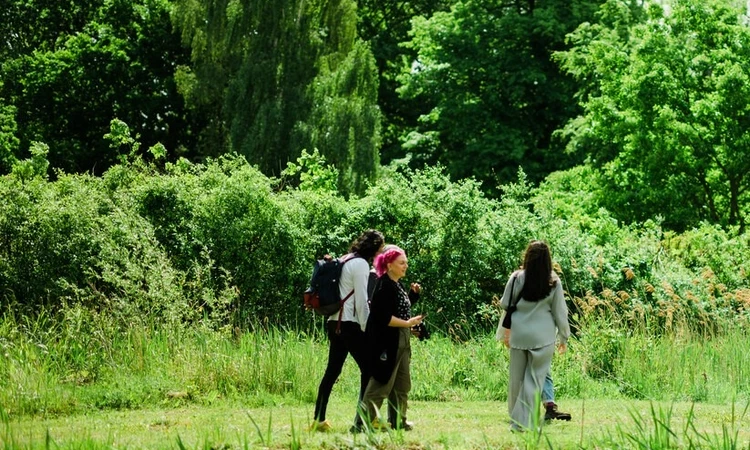 Free
FreeGreen Escapes: Introduction to nature in The Regent’s Park
Join us for a beginners’ nature walk this spring and summer to discover the plants and wildlife of The Regent’s Park.
-
 Paid
PaidBST Hyde Park 2025
American Express presents BST Hyde Park returns with a stellar line up for 2025.
-
 Free
FreeOpen House at American Express presents BST Hyde Park 2025
Open House returns this summer for 8 amazing days of activities and FREE entry in the heart of Hyde Park!
-
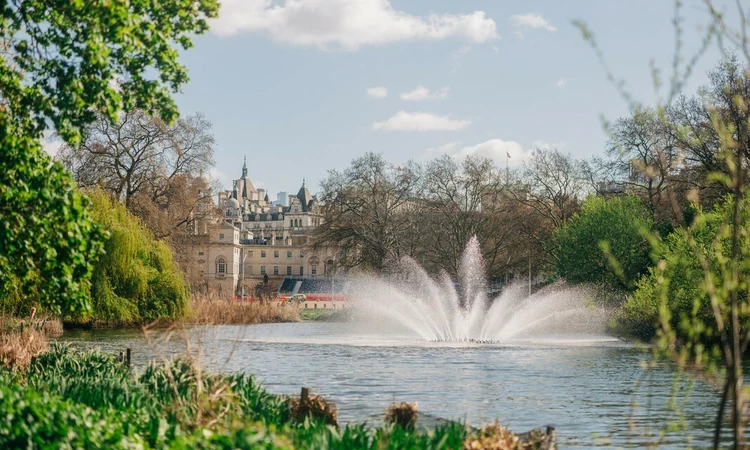 Paid
PaidHidden Stories of St. James's Park Walking Tour
Join us for a walk through St. James's Park, learning about its history and incredible wildlife, with exclusive access to Duck Island.
-
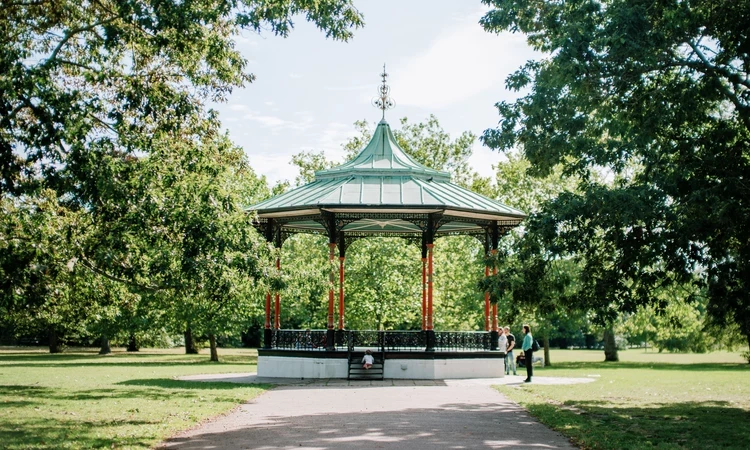 Free
FreeBandstand Concerts
Join the Friends of Greenwich Park for their annual season of Bandstand Concerts this summer.
-
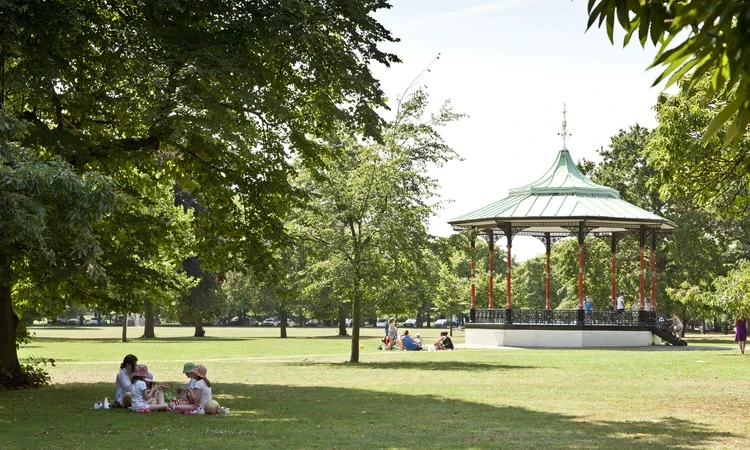 Free
FreeBandstand Re-opening Concert
Join the Friends of Greenwich Park and The Royal Parks for the Bandstand re-opening concert
-
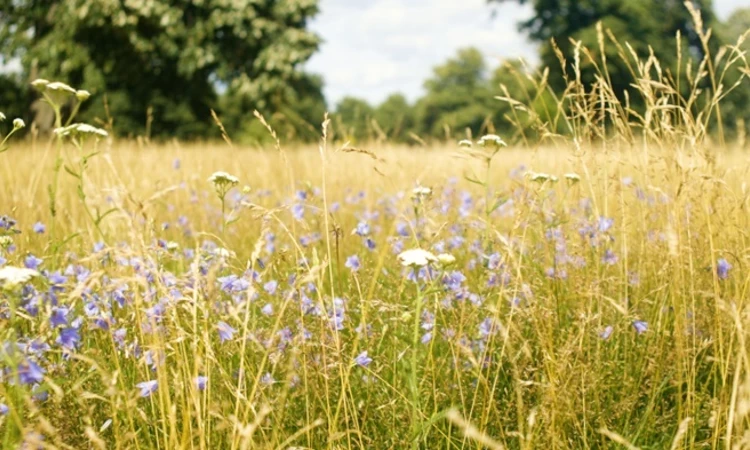 Free
FreeSunset Sweeps: An Intro to Invertebrates
Join us in The Regent’s Park meadow to take a closer look at the insects and other invertebrates that rely on meadow habitats in the parks.
Discover events and activities run by the parks' Friends
-
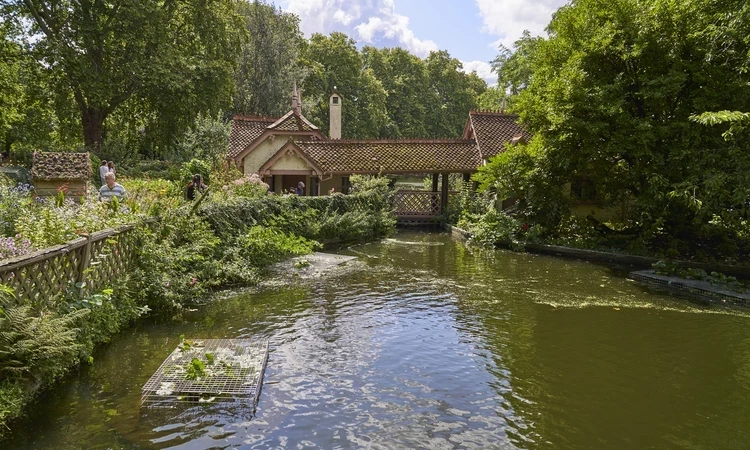
The Thorney Island Society
Friends of St. James's Park and The Green Park
